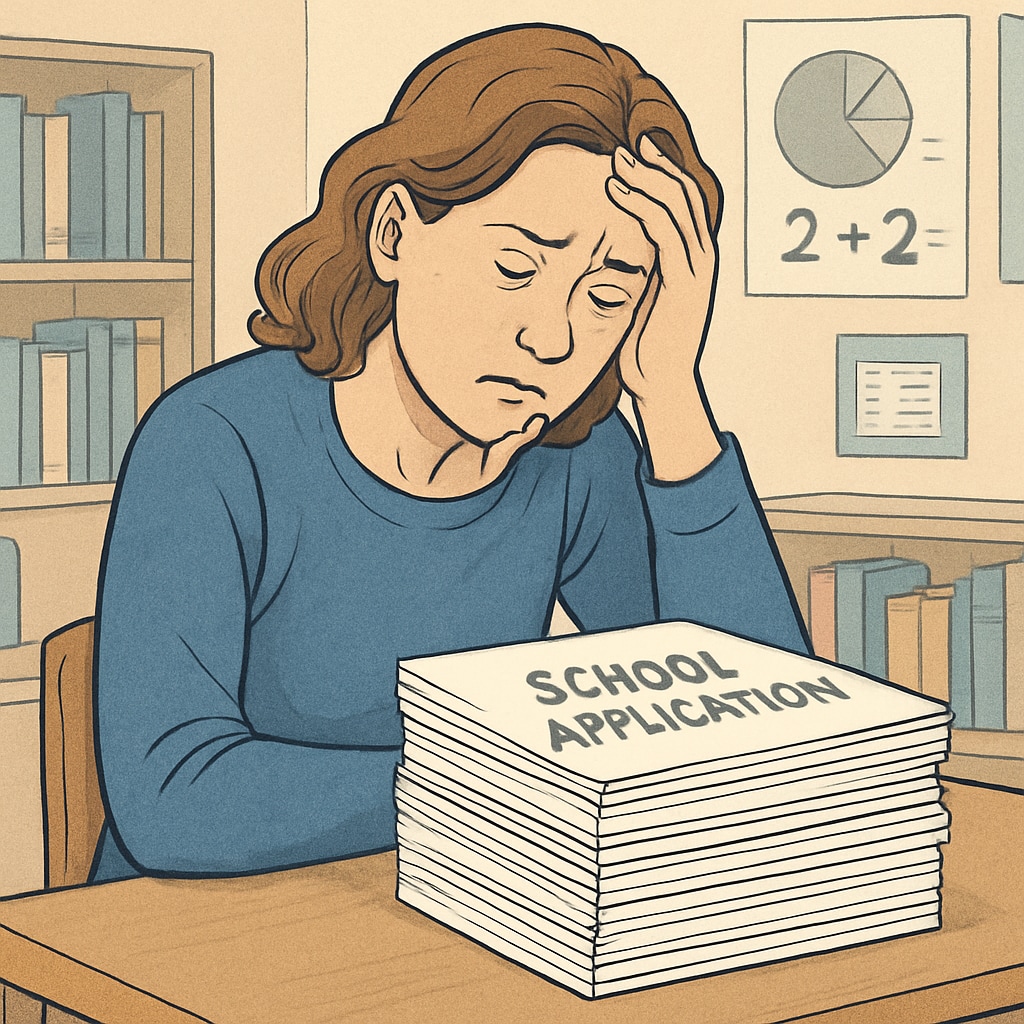In the UK, delays in school applications for children with special educational needs (SEN) often disrupt their education and infringe upon their fundamental rights. These delays, coupled with systemic barriers, can leave families struggling to secure appropriate placements, particularly for teenagers facing mental health challenges. The case of a 15-year-old girl battling psychological difficulties illustrates the urgent need for a more inclusive and responsive educational system.
Understanding the Crisis: Delays in the SEN Schooling Process
School application delays are a pervasive issue for families navigating the SEN system. The process involves identifying appropriate schools, securing funding, and obtaining an Education, Health, and Care Plan (EHCP), which is often fraught with inefficiencies. Many families report waiting months, or even years, for decisions about their child’s educational placement.
For example, children with psychological issues such as anxiety or depression may require specialized learning environments. However, the lengthy approval processes for EHCPs and the limited availability of specialized schools often result in extended periods of disrupted learning. This gap not only halts academic progress but also exacerbates the mental health struggles these children face.

According to a recent report by the UK government, more than 20% of families applying for SEN school placements experienced delays exceeding the legal 20-week timeline. These delays disproportionately affect families with limited resources, as they may lack the means to challenge the system or seek private alternatives. Education in England highlights these systemic hurdles, emphasizing the inequality they perpetuate.
Barriers to Education: Mental Health and Special Needs
Children with mental health issues face unique challenges within the educational system. Schools are often ill-equipped to address their needs, and the stigma surrounding mental health can further isolate these students. The 15-year-old girl referenced earlier faced repeated rejections from schools, with institutions citing a lack of resources to support her specific needs.
Her case is not unique. Many children with SEN find themselves in a cycle of rejection, where mainstream schools deem them too challenging, yet specialized schools are either full or inaccessible due to bureaucratic delays. This systemic failure leaves children in limbo, unable to access the education they are entitled to by law.

Furthermore, the lack of mental health support within mainstream schools often forces children into home education or alternative provision, which may not meet their developmental needs. Organizations such as Britannica’s overview of special education call for teachers and policymakers to prioritize inclusivity and mental health support within educational frameworks.
Solutions and Pathways to Change
To address these challenges, the UK education system must implement significant reforms. Key recommendations include:
- Streamlining the EHCP process: Reducing the time required to approve plans ensures that children can access education without unnecessary delays.
- Increasing funding for SEN schools: More resources would enable these schools to accommodate additional students and provide specialized support.
- Expanding teacher training: Equipping educators with the skills to support SEN students fosters inclusivity in mainstream schools.
- Creating mental health-focused education hubs: Establishing schools that combine academic and psychological support would address the unique needs of children with mental health challenges.
Advocacy groups and nonprofit organizations also play a critical role in supporting families through the application process and lobbying for systemic change. Collaborative efforts between parents, educators, and policymakers are essential to ensure every child receives the education they deserve.
Conclusion: Upholding the Right to Education
Delays in school applications for children with special educational needs highlight a broader crisis in the UK education system. These delays not only disrupt learning but also violate the fundamental right to education, particularly for children struggling with mental health challenges.
By addressing systemic barriers and prioritizing inclusivity, the UK can create an educational environment where every child, regardless of their needs, has the opportunity to thrive. The journey toward reform is complex, but it is a necessary step to uphold the rights of vulnerable young people and ensure a brighter future for all.
Readability guidance: Use clear and concise paragraphs, with lists to summarize key points. Include transition words for flow, and limit passive voice to enhance engagement.


